Dhaka, the capital of Bangladesh, has once again claimed the unenviable title of the world's third most polluted city, as indicated by its Air Quality Index (AQI) hitting a worrisome 264 on Saturday February 10th, 2024. This distressing revelation hardly comes as a shock to the city's inhabitants, who regularly grapple with hazy skies and the dire health consequences of inhaling contaminated air.
The gravity of Dhaka's air quality crisis is underscored by the global toll of air pollution, with the World Health Organization attributing approximately seven million deaths annually to this environmental menace. Such pollution-related fatalities encompass a spectrum of health afflictions, ranging from stroke and heart disease to chronic respiratory ailments and infections.
Dhaka's standing as the third most polluted city places it in the company of other urban centers grappling with severe air quality issues, including Shenyang (China), Delhi (India), Shanghai(China), and Kolkata (India), which recorded AQI scores of 630, 326, 220, and 209, respectively.
Dhaka's air quality, worse in winter, presents serious health risks. The recent AQI of 263 falls in the "very dangerous" range, posing significant concerns for all residents. "Very unhealthy" is AQI 201-300, while "hazardous" is over 301, with serious health implications.
The issue of air pollution in Dhaka has long been entrenched, with winter exacerbating the problem. Notably, Dhaka's PM2.5 level stands at 168 g/m, surpassing the World Health Organization's recommended threshold by a staggering 42.7 times.



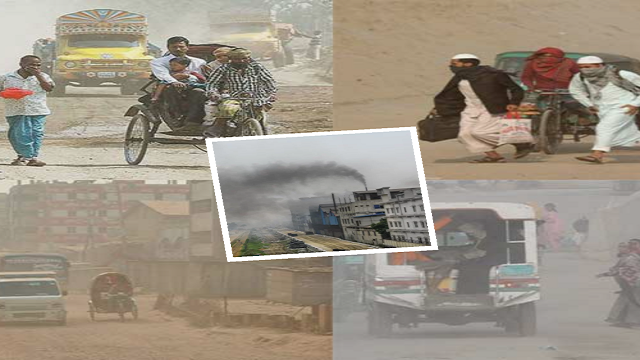
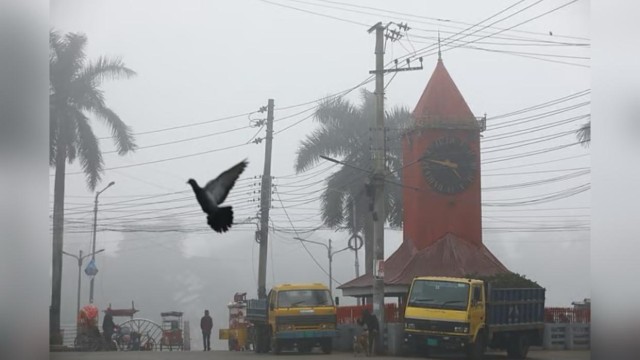
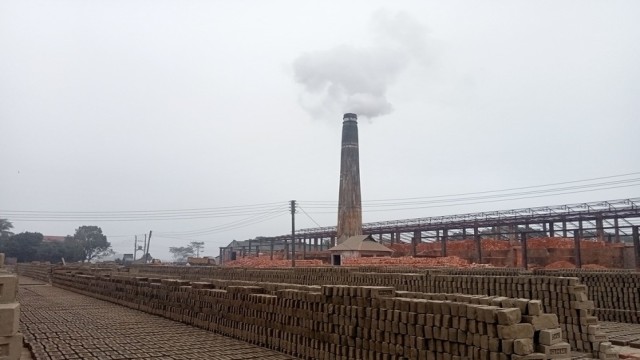
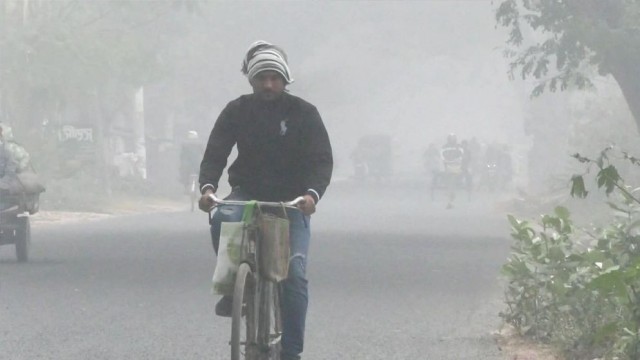
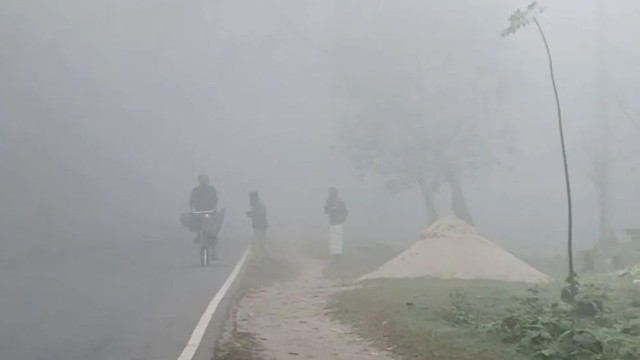
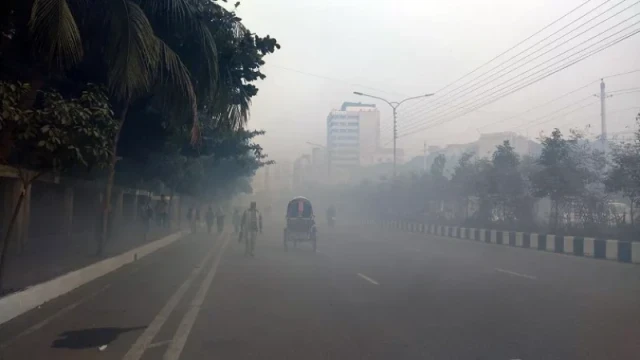
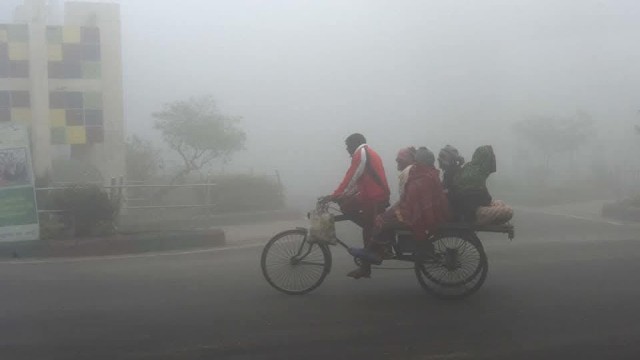




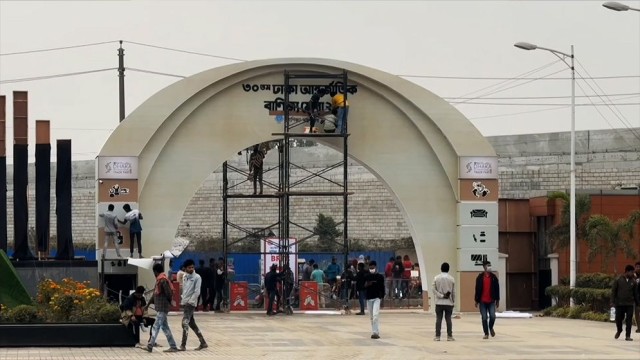



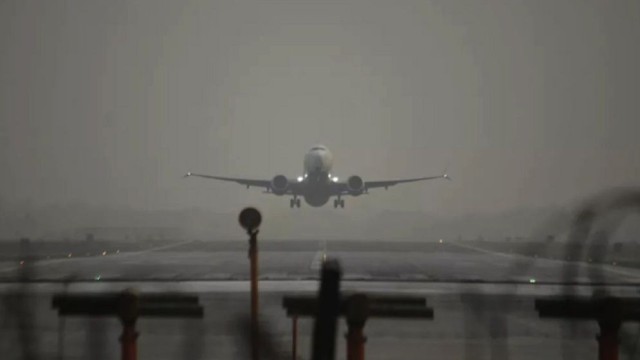



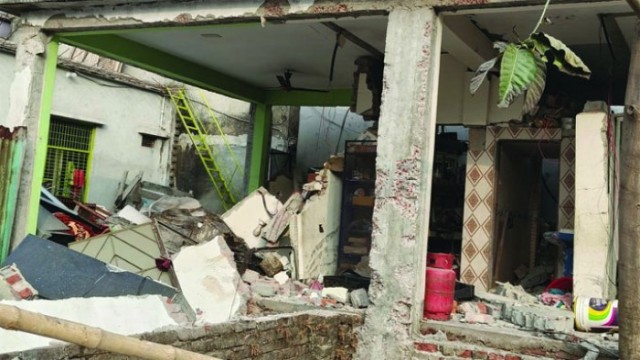

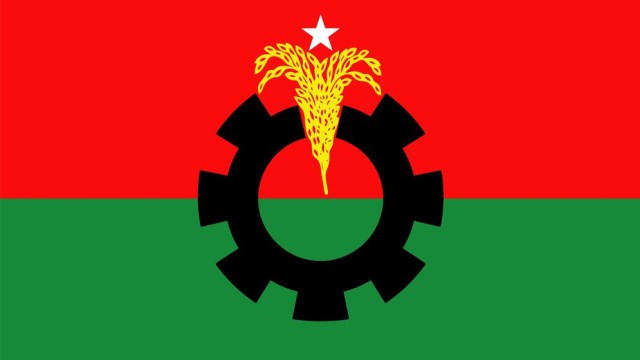


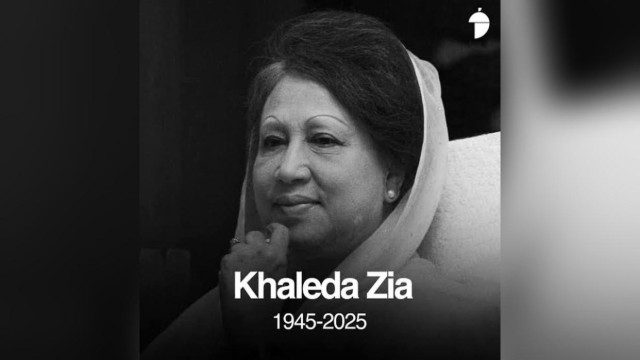

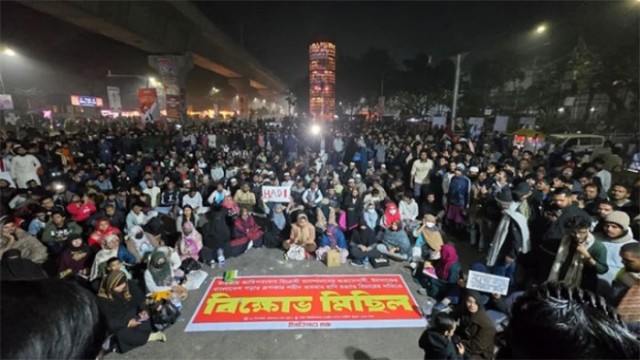
Comment: